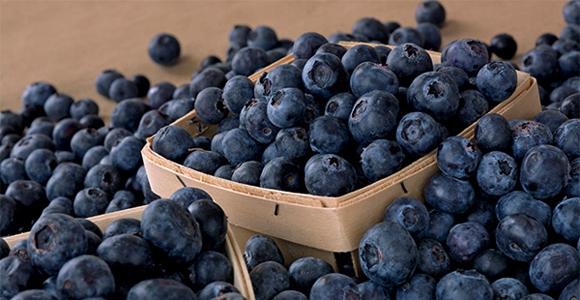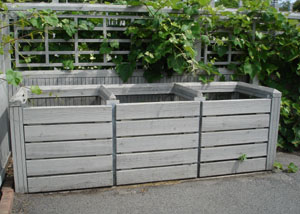 Compost is often one of the least expensive and most readily available forms of organic matter for use in home gardens. Compost can be purchased at retail centers, picked up from local municipalities, or made by recycling yard wastes in a home compost pile.
Compost is often one of the least expensive and most readily available forms of organic matter for use in home gardens. Compost can be purchased at retail centers, picked up from local municipalities, or made by recycling yard wastes in a home compost pile.
|
Soils and Composting | Soil Testing | Soil Type | Soil Improvement | Composting |
Links to external web pages are followed by the source’s name in parentheses.
Compost Benefits and Use
Organic matter’s numerous benefits as a soil amendment make it high on the list of a gardener’s essentials list. Compost is often one of the least expensive and most readily available forms of organic matter for use in home gardens. Compost can be purchased at retail centers, picked up from local municipalities, or made by recycling yard wastes in a home compost pile.
Compost is sometimes called gardener’s gold because of the benefits to the garden as a soil amendment or even as a mulch. Composting waste is a good way to recycle nutrients back into the environment and to avoid filling landfills with organic matter.
For more information, see:
- Composting for the Homeowner (University of Illinois Extension), a comprehensive site about composting, discussing composting from start to finish.
More Composting Resources
- Composting (US, EPA) provides good information on composting and also contains many good links to compost resources such as regional information, frequent questions, composting law/statutes, environmental benefits, and additional publications.
- Composting Backyard Conservation (Natural Resources Conservation Service, USDA) discusses different kinds of composting for the gardener. Learn about the difference between hot and cold composting.


